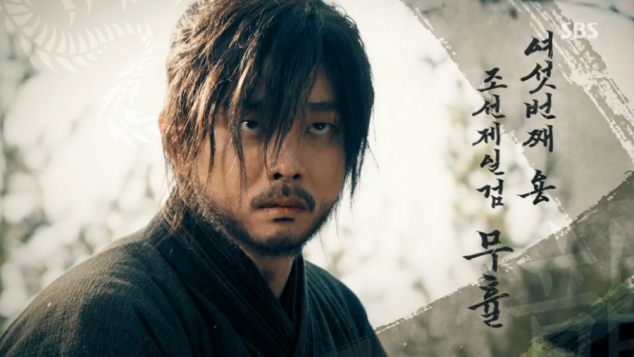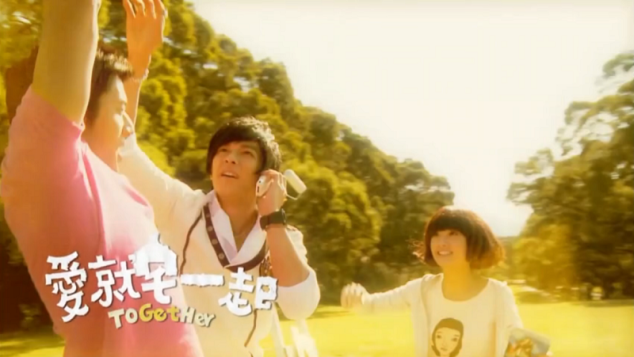“To hell with logic! Do not talk to me about logic when I’m leading an absurd life anyway.”
Those words come from Shim Bo-nui, the computing whiz who first hunts down an extremely elusive bug in a recruitment contest held by game developer Zeze Factory in the surprisingly geeky romantic comedy Lucky Romance. Obsessed with superstitions, she fixes software hacks only after piling salt around the work station, sticks a talisman under her CEO’s desk, and initially rejects the firm’s job offer because the bad luck she receives there has supposedly caused her sister’s traffic accident. Most ludicrous of all, she believes a fortune teller’s claim that she has to spend the night with a man born in the Chinese zodiac year of tiger to save her sister. It is sobering to note, though, that the difference between Bo-nui and off-screen programmers is sometimes a matter of degree rather than kind. There is a number of possible explanations for such real-life eccentricity.











You must be logged in to post a comment.